”恥ずかしいから”、そういう理由でこれまでの人生随分とチャンスを逃してきたように思います。
ルース・ベネディクトが1946年に刊行した、”菊と刀”という本の中で、欧米の、”罪の文化” と比較して、日本を、”恥の文化” として紹介しています。
この恥じるという考え方が日本人の美徳となり得る場合もあると思いますが、多くの場合は、自分の成長や、可能性を逸してしまうことになっているのではないでしょうか。
ちなみに、”恥ずかしい” の対義語は、”誇らしい” ですが、誇らしいという気持ちは、その対象となる人や事が好きだという気持ちがベースになっているのだと思います。
私自身、今大切にしていることに、とにかく自分を愛情で満たすこと。つまり、自分自身を否定したり、卑下することはしないでどんな時でも肯定的に見ること。そして、周りの人に対しても少しでも愛情を持って接すること。
そして、そのサークルをどんどんと広げていくこと。
例えば、日本人や日本の将来を語るときに、日本や日本人をとても否定的に見る悲観論と、逆に日本の未来は明るいと語る楽観論があります。
割合で言うと、悲観論の方が多いような印象がありますが、私自身は、どんな時でも建設的に、問題に対する解決策や選択肢を考えるようにしています。
何の根拠もなく楽観視したり、悲観的に意見は頑なに拒絶することも違うとは思いますが、それが社会問題であっても、自分に対する問題であっても、基本となるのは、大好きな自分や日本という国を良くしたい、守りたいという前向きな気持ちが大切だと思うのです。
もっともっと自分自身を溢れかえるくらいの愛情で満たし、周りや社会にお裾分けできるくらいのエネルギーを貯めていけるように今日も充電していきたいと思います。
(English)
I think I have missed many opportunities in my life because I was “ashamed.
In her book “The Chrysanthemum and the Sword,” published in 1946, Ruth Benedict described Japan as a “culture of shame” compared to the “culture of guilt” in the West. The book introduces Japan as a “culture of shame” in comparison to the Western “culture of guilt.
I believe that this idea of shame can be a virtue of the Japanese people in some cases, but in many cases, it may be a hindrance to one’s own growth and potential.
Incidentally, the synonym for “shame” is “proud,” but I believe that the feeling of pride is based on the feeling of liking the person or thing that is the subject of the shame.
For myself, what I value now is to fill myself with love anyway. In other words, to look at myself positively at all times, without denying or belittling myself. And to treat the people around me with as much love as possible.
And to keep expanding that circle.
For example, when talking about the future of Japan and the Japanese people, there is pessimism, which looks at Japan and the Japanese people in a very negative light, and optimism, which says, on the contrary, that the future of Japan is bright.
In percentage terms, I have the impression that pessimism is more common, but I myself try to think constructively about solutions and alternatives to problems at all times.
It is different to be optimistic without any evidence or stubbornly reject pessimistic opinions, but I believe that whether it is a social problem or a problem for oneself, the basic idea is to have a positive feeling of wanting to improve and protect oneself and the country of Japan, which one loves.
I would like to recharge my batteries today so that I can fill myself with more and more love and save up enough energy to share with those around me and with society.
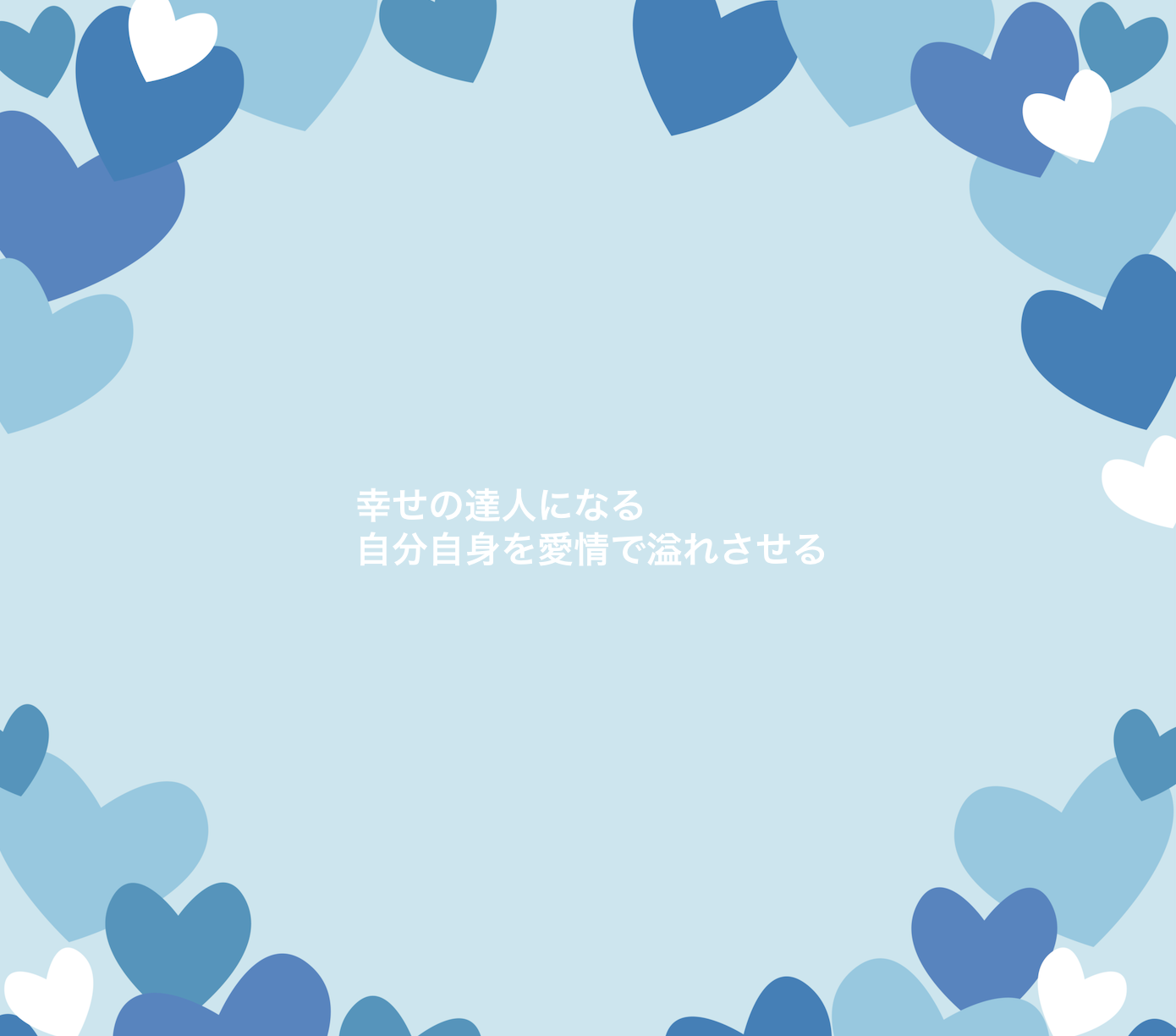
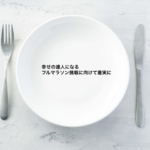
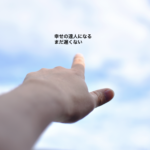
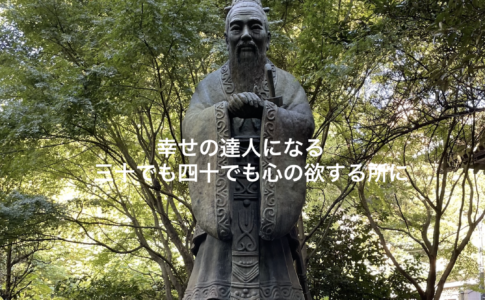
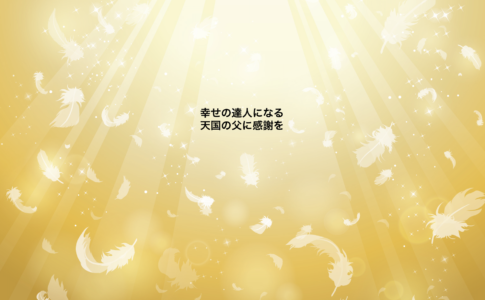


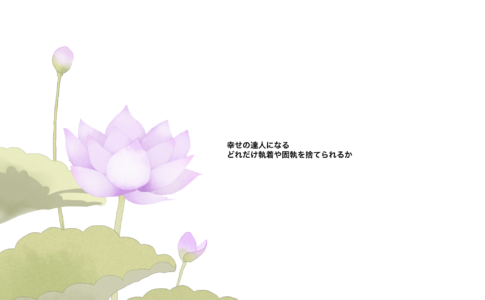
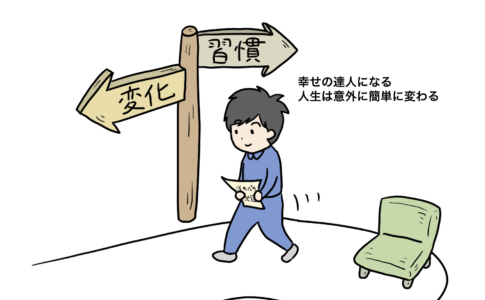


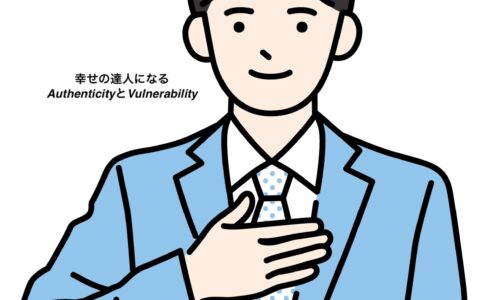
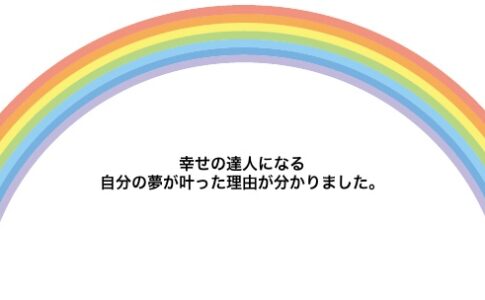
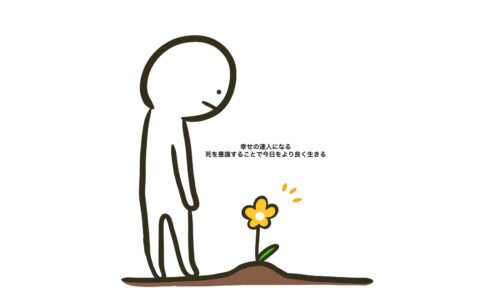
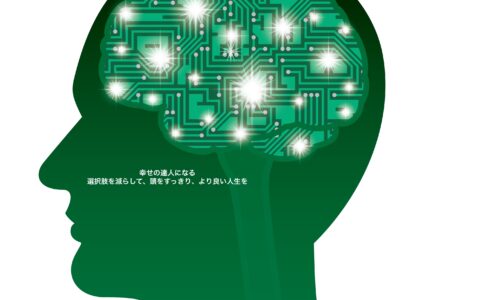

私自身、今大切にしていることは、とにかく自分を愛情で満たすこと。自分自身を否定したり、卑下することはしないでどんな時でも自分を肯定的に見ること。そして自分の愛情が溢れかえったら周りの人にも愛情を持って接することができると思っています。